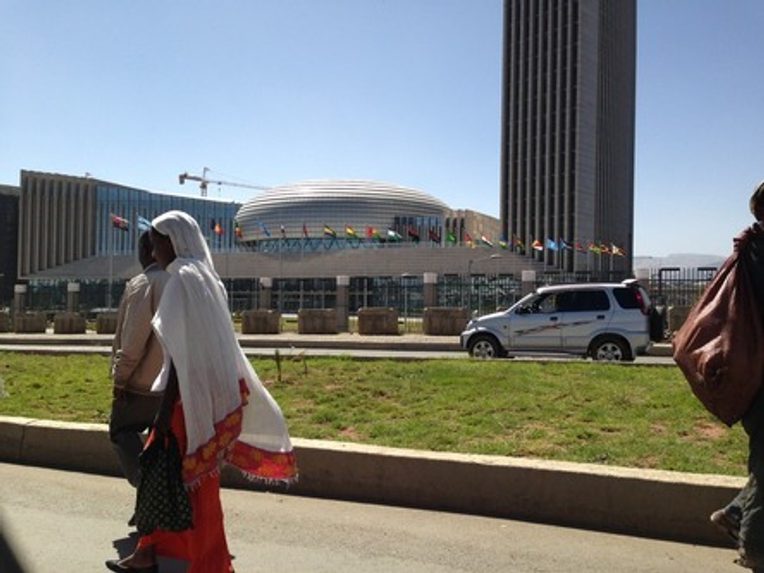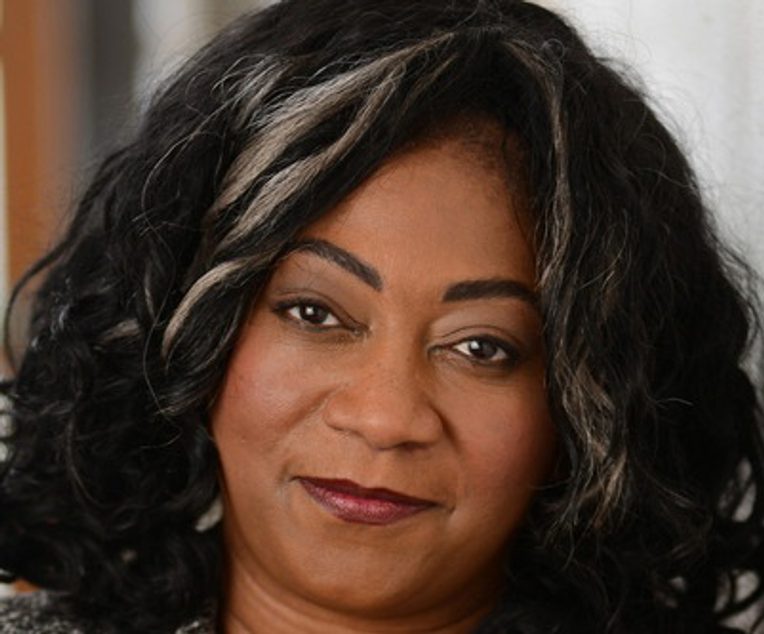This post builds on the research article “Notes on Cultural Citizenship in the Black Atlantic World,” which was published in the August 2013 issue of the Society’s peer-reviewed journal, Cultural Anthropology.

Editorial Footnotes
Cultural Anthropology has published numerous articles on citizenship, including Renato Rosaldo's "Cultural Citizenship and Educational Democracy" (1994); Ritty Lukose’s “Empty Citizenship: Protesting Politics in the Era of Globalization” (2005); and Ahmed Kanna's "Flexible Citizenship in Dubai: Neoliberal Subjectivity in the Emerging 'City-Corporation'" (2010).
Cultural Anthropology has also published articles on the black Atlantic. See, for example, Jacqueline Nassy Brown's "Black Liverpool, Black America, and the Gendering of Diasporic Space" (1998); Helen A. Regis' "Second Lines, Minstrelsy, and the Contested Landscapes of New Orleans Afro-Creole Festivals" (1999) and Deborah A. Thomas’s “Democratizing Dance: Institutional Transformation and Hegemonic Re-Ordering in Postcolonial Jamaica” (2002).
About the Author
Kamari Maxine Clarke, formerly a professor of Anthropology and International and Area Studies at Yale University, is a visiting professor of anthropology at the University of Pennsylvania. Her research explores issues related to legal institutions, human rights, and international law and their relationship to race and modernity. Her publications, which include Mapping Yoruba Networks: Power and Agency in the Making of Transnational Communities (Duke University Press, 2004) and Fictions of Justice: The International Criminal Court and the Challenge of Legal Pluralism in Sub-Saharan Africa (Cambridge University Press, 2009), focus on religious and legal movements and the related production of knowledge and power.
Exploring current debates on the globalization of human rights, the anthropology of justice, and genealogies of affect, Prof. Clarkc’s current project concerns the International Criminal Court (ICC) and the African Union. To make sense of the psychic life of decision-making as it relates to the ambiguities of Africa's postcolonial realities, she investigates contestations over justice, documenting the making of the Rome Statute of the ICC and the corresponding rise of the rule of law movement and the implications of ICC activity in Africa.
During her academic career Clarke has held numerous prestigious fellowships, grants and awards-most recently she received grants from the Wenner Gren Foundation, the National Science Foundation, and, in her leadership capacity as Chair of the African Studies Council at Yale, she led the African Studies Council in securing a four-year $1.5 million US Government Title VI NRC grant and FLAS grant.

Questions for Classroom Discussion
1. Define cultural citizenship. How has the concept advanced the discipline of anthropology? What is cultural citizenship's relation to the state?
2. Why does the author call for black Atlantic scholars to utilize cultural citizenship in their analysis?
3. Discuss the current state of ethnographic research. How has it changed? How can the ethnographer study black cultural citizenship in the contemporary period?
Related Readings
Anzaldua, Gloria E. Borderlands: The New Mestiza. San Francisco: Aunt Lute Books, 1987.
Appadurai, Arjun. Modernity at Large: Cultural Dimensions of Globalization. Minneapolis: University of Minnesota Press, 1996.
Basch, Linda G. ed. Nations Unbound: Transnational Projects, Postcolonial Predicaments, and De-territorialized Nation States. New York: Routledge, 1994.
Clarke, Kamari M., and Deborah Thomas, eds. Globalization and Race: Transformations in the Cultural Production of Blackness.Durham, NC: Duke University Press, 2006.
Comaroff, John L., and Jean Comaroff. Ethnicity, Inc. Chicago: The University of Chicago Press, 2009.
Flores, William V., and Rina Benmayor, eds. Latino Cultural Citizenship: Claiming Identity, Space, and Rights. Boston: Beacon Press, 1998.
Glick-Schiller, Nina. "Transborder Citizenship: An Outcome of Legal Pluralism within Transnational Social Fields." In Mobile People, Mobile Law: Expanding Legal Relations in a Contracting World. edited by Franz von Benda-Beckmann, Keebet von Benda-Beckmann, and Anne Griffiths, eds. 27–50. Burlington, VT:Ashgate, 2005.
Ong, Aihwa. Flexible Citizenship: The Cultural Logics of Transnationality. Durham, NC: Duke University Press, 1999.
Rosaldo, Renato, ed. Cultural Citizenship in Island and Southeast Asia: Nation and Belonging in the Hinterlands. Berkeley: University of California Press, 2003.
Stolcke, Verena. "Talking Culture: New Boundaries, New Rhetorics of Exclusion in Europe." Current Anthropology 36, no.1 (1995):1–24.